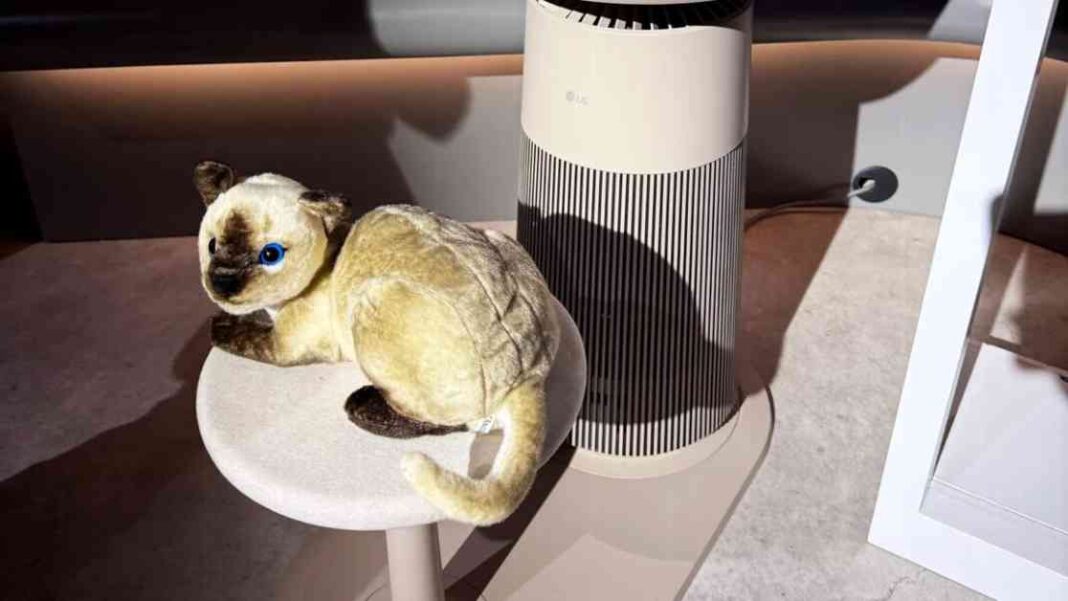AI-Powered Spice Dispenser
At the heart of the 2025 Consumer Electronics Show (CES) lies a plethora of innovative gadgets, each vying for attention in a sea of AI-powered products. Among the myriad of offerings showcased, one peculiar item caught the eye of many attendees – the Spicerr, touted as the “world’s first AI-powered spice dispenser.” Now, you may be wondering, do we really need artificial intelligence to sprinkle spices onto our dishes?
Upon closer inspection, the Spicerr raises several thought-provoking questions. Is the act of measuring and dispensing spices truly a complex task that necessitates AI intervention? Will this mechanical dispenser truly enhance the culinary experience, or is it merely a novelty item? Moreover, are there culinary enthusiasts out there who prioritize customized spice blends delivered in premium vials over traditional seasoning methods?
While the Spicerr may not resonate with seasoned home cooks, it could potentially benefit novices seeking precision in their seasoning endeavors. However, before rushing to purchase this high-tech gadget, consider whether a classic cookbook or a well-stocked spice rack might serve as equally effective alternatives. Sometimes, the simplest solutions are the most satisfying.
Philips Hue’s AI-Powered Lighting Assistants
In the realm of smart home technology, Philips Hue has long been a beacon of reliability and functionality. However, the company’s recent foray into AI-powered lighting assistants has raised eyebrows among consumers and tech enthusiasts alike. As the trend of integrating AI into everyday devices continues to gain momentum, one cannot help but question the necessity of these enhancements.
While the addition of an AI assistant to Philips Hue’s product lineup may offer convenience and new features, it also begs the question of whether such advancements are truly essential. As the smart home landscape evolves, striking a balance between innovation and practicality becomes paramount. Ultimately, consumers must decide whether the allure of AI-powered lighting assistants outweighs the reliability of Philips Hue’s existing offerings.
Robot Vacuums Doing Way Too Much
Robot vacuums have become a staple in modern households, offering convenience and efficiency in keeping our living spaces clean. However, the latest iterations of these automated devices showcased at CES 2025 seem to push the boundaries of technological complexity to new heights. From advanced sensors to mechanical task arms, these robot vacuums boast a range of features that promise to revolutionize the cleaning process.
While the prospect of a robot vacuum that can detect liquid spills or pick up small objects may sound enticing, the practicality and long-term viability of these high-tech devices remain uncertain. With hefty price tags and potential maintenance challenges, consumers must weigh the benefits of these cutting-edge innovations against the tried-and-true functionality of traditional cleaning methods. As the quest for the perfect robot vacuum continues, it’s essential to consider whether these advanced features truly enhance the cleaning experience or simply add unnecessary complexity to an otherwise straightforward task.











